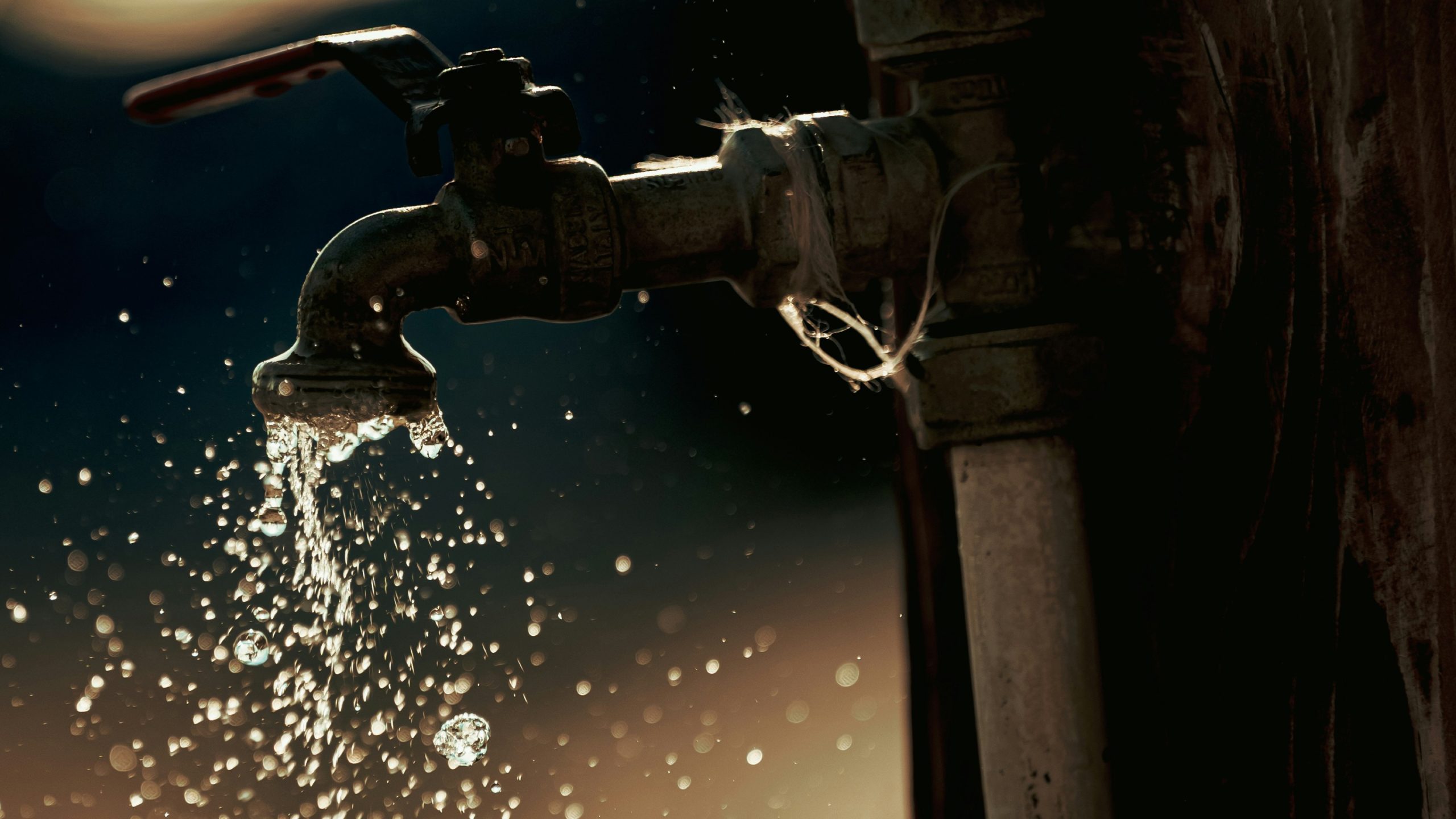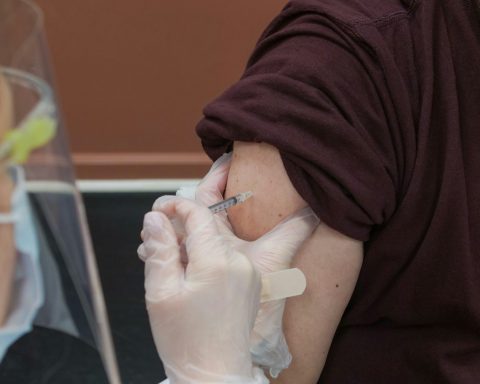A North-West University (NWU) study confirms traces of ARVs in South Africa water, found in rivers, dams, and some treated tap water.
For example, the research, called Quantification, Fate, and Hazard Assessment of HIV-ARVs in Water Resources, notes drugs like lopinavir and efavirenz at high levels near wastewater plants.
Since South Africa has the world’s largest HIV treatment programme, these drugs enter water through sewage systems.
Government Addresses Public Concerns
The Department of Water and Sanitation (DWS) says ARVs in South Africa water are not an immediate health risk.
Specifically, officials noted, “ARVs treat diseases and cannot spread HIV.”
Current levels, measured in tiny amounts, meet the SANS241 standard, which follows World Health Organization rules. However, the DWS plans to improve monitoring and work with researchers to keep water safe.
Long-Term Health and Eco Worries
Although risks are low now, experts warn about future effects of ARVs in South Africa water. The NWU study showed that snails exposed to ARVs had abnormal embryo growth.
Likewise, bacteria-controlling agents in wastewater were harmed. As a result, these issues could lower water quality and fuel antimicrobial resistance, a major global problem that needs urgent action.
Wastewater Treatment Gaps
Many wastewater plants cannot fully remove ARVs. For instance, the NWU study found more ARVs downstream of treatment sites, showing outdated systems. Upgrading these plants with better filters, like membrane technology, is vital to cut ARVs in South Africa water and protect nature from harm.
Challenges in Wastewater Treatment
Many municipal wastewater plants lack the technology to remove contaminants like ARVs. For example, the NWU research noted higher ARV concentrations downstream of treatment facilities, pointing to outdated infrastructure.
Upgrading these systems with advanced filtration, such as membrane technology, is essential to reduce ARVs in South Africa water and protect ecosystems from further harm.
Experts Push for Action
Researchers call for tougher rules and better wastewater treatment to handle drug residues. Moreover, the Water Research Commission backs ongoing studies to check environmental impacts. As South Africa leads in HIV treatment, improving water treatment systems is key to ensuring clean, safe water for all and supporting a healthy environment.






